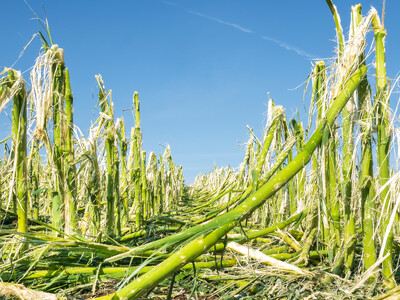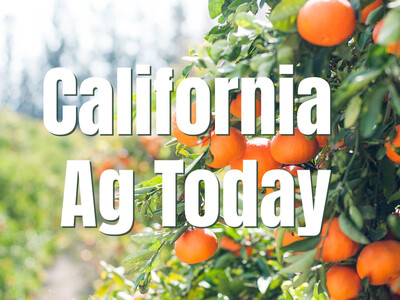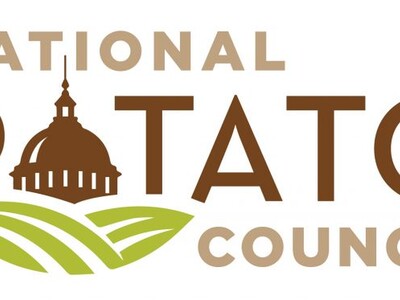Attacking the RFS
Attacking the RFS. I'm Greg Martin with today's Line On Agriculture.If you could make your own fuel, you'd probably do it, right? Well, the United States can and does make its own renewable fuel. The Renewable Fuels Standard is a law that calls for a certain amount of renewable fuels to be mixed into the motor vehicles fuel supply. It aims to move the country toward greater energy independence. But American Farm Bureau economist Matt Erickson says a recent proposal by the Environmental Protection Agency would cut back on the policies that are making that happen.
ERICKSON: EPA released their proposed volume requirements for 2014 and what they did was they set the fuel-blending requirement overall for total renewable fuels to 15.52 billion gallons which was one billion gallons less than 2013 and about 2.6 billion gallons below what was set within the Renewable Fuels Standard law.
That means the EPA is suggesting we backtrack. Instead of adding more renewable fuels to the fuel supply – which leads to a cleaner burning fuel – it's recommending we add less.
ERICKSON: We are greatly disappointed in EPA's proposed volume requirements. They're taking a step backwards and they're really taking away what the true meaning was for the Renewable Fuels Standard. Since the Renewable Fuels Standard was put in place in 2007 we've seen crude oil imports decrease from 60 percent down to 40 percent.
But Erickson points out the renewable energy industry is still young, especially in the area of cellulosic biofuels, which are made out of things like corn cobs, switchgrass and algae.
ERICKSON: This really stalls new investments to cellulosic biofuels and it really introduces now tremendous uncertainty within a market that's still developing.
That's today's Line On Agriculture. I'm Greg Martin on the Ag Information Network.

















